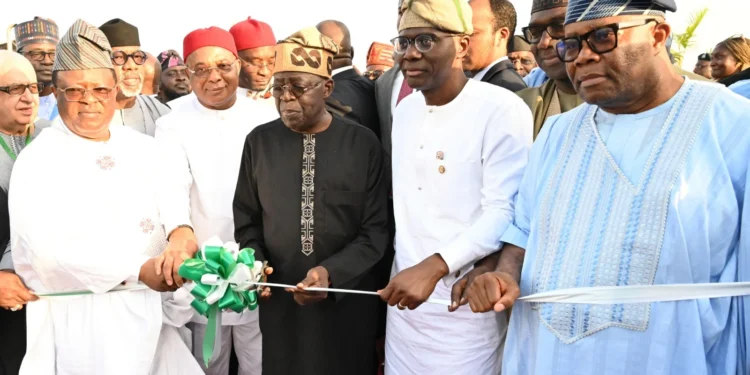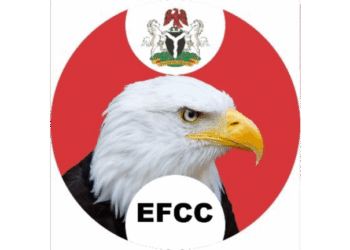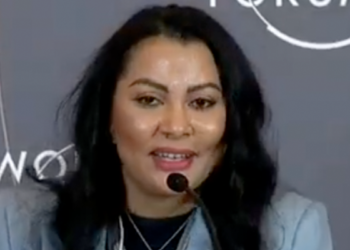President Bola Tinubu on Sunday inaugurated the newly reconstructed Apapa-Oworonshoki-Ojota-Oshodi Expressway.
It is a 36.02km expressway connecting Nigeria’s premier ports – Apapa and Tin Can Island – to larger parts of Lagos State.
Tinubu, who performed the symbolic unveiling of the plaque of the concrete-paved road at the Gbagada stretch, also virtually inaugurated the recently rehabilitated Third Mainland Bridge.
Tinubu said that the expressway would enhance access to the ports, boost commercial activities, and spur economic development.
A statement by presidential spokesman, Ajuri Ngelale, on Sunday in Abuja, said Tinubu was represented at the inauguration of the projects, executed by the Federal Ministry of Works, by Senate President Godswill Akpabio.
Originally constructed between 1975 and 1978, the road had deteriorated significantly over the years, causing severe delays in the evacuation of goods from Apapa Wharf.
The reconstruction of the road was executed in four sections, using Continuously Reinforced Concrete Pavement (CRCP), by Dangote Industries Limited under the tax credit method of infrastructure funding, with Hitech Construction Nigeria Limited as the subcontractor.
The rehabilitated Third Mainland Bridge, the longest of three bridges connecting Lagos Island to the mainland, spans about 11.8km.
It was inaugurated by President Shehu Shagari in 1980 and completed by Gen. Ibrahim Babangida in 1990.
The bridge recently underwent significant rehabilitation to improve its structural integrity and extend its lifespan.
“This is a great feat by any standards, and it is all for Nigeria. I congratulate the Ministry of Works and the contractors for the great work.
“It is not only in Lagos that these good things are happening.
“From the Presidential Villa in Asokoro to the AYA Roundabout in the capital city (Abuja), you will notice a great deal of work and some of these projects will be commissioned this week,’’ the President said.
The Minister of Works, David Umahi, explained the reason for the use of concrete technology in constructing the road, noting its durability as well as the rising cost of bitumen used in making asphalt.
“We want our contractors to migrate to the use of concrete technology for road construction,’’ the Minister said, while describing the inauguration of the road as another plus on the utility of tax credits in the country.
On the Third Mainland Bridge, the Minister explained that the project went beyond mere rehabilitation.
“We had to replace all the expansion joints, and we also noticed that over the years all the maintenance on the bridge was only for the surface and that created a lot of super elevation, pot holes, and increased the dead load on the bridge resulting in increased deflection,’’ he said.
In his remarks, the Permanent Secretary, Federal Ministry of Works, Dr Yakubu Kofarmata, announced that Tinubu had directed the ministry to complete the Abuja-Kano Road within one year.
He assured Nigerians that Makurdi-Enugu Expressway was on the verge of completion and that other federal road projects across the country are receiving attention.
According to the Permanent Secretary, the Minister of Works has saved Nigeria a total of N1.19 trillion through renegotiations of some ongoing road project costs across the country.
“What we are witnessing today is Nigeria working under the Renewed Hope Agenda of this administration, and the determination to have a better Nigeria where infrastructural facilities are functioning,” he said.
The Deputy Governor of Lagos State, Dr Femi Hamzat, commended the President and the Federal Ministry of Works for fixing the roads, adding that it would reduce travel time from 7 hours to 1 hour and 15 minutes.
“About two years ago, a lot of companies on the Apapa-Oworonshoki-Ojota Road moved from this axis because of the deplorable state of the road.
“We are grateful to Mr. President, the Ministry of Works, Dangote Group and Hitech Construction Limited for the current state of the road and also for the Third Mainland Bridge,’’ Hamzat said.(NAN











